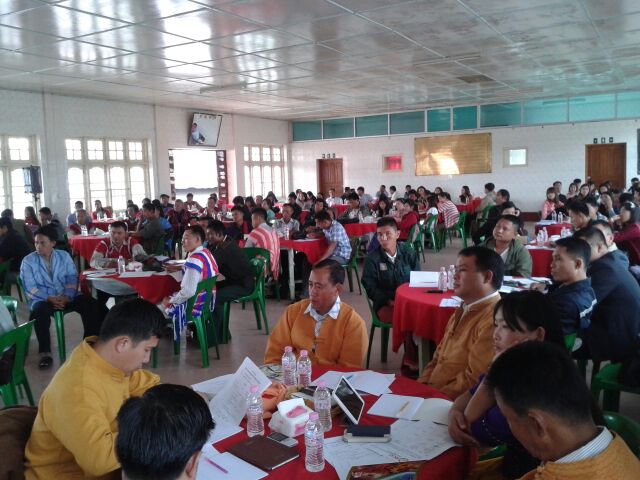STRENGTHENING DIALOGUE
Following decades of protracted conflicts throughout Myanmar, the success and sustainability of the country’s transition to peace rests upon expanding the inclusivity of peace practices at the local level.
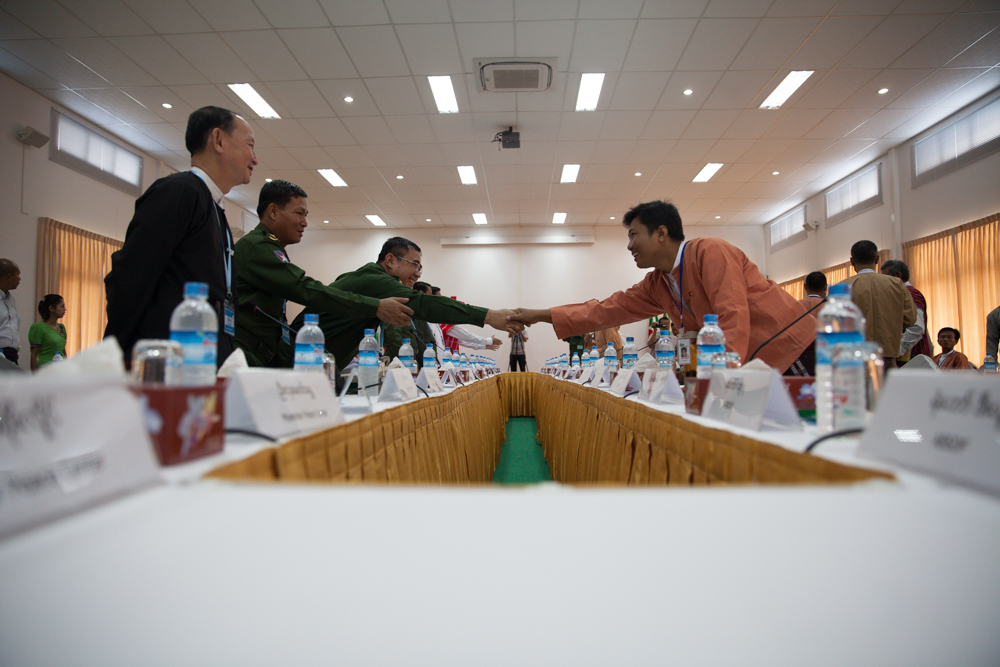
Strengthened dialogue at all levels presents clear opportunities to deepen the engagement of people’s voices in shaping their future and finding solutions to the conflicts they face – particularly for those that did not actively participate in the conflict but have suffered the most, including marginalised populations such as women, youth, minorities and displaced people.
Through the People’s Dialogue Initiative (PDI), Listening and Peace History activities, CPCS aims to create platforms for voices have remained at the margins of peace processes to express their concerns and opinions and improve awareness of the current transitional processes at the community level.
By creating and expanding interactive, safe and inclusive spaces for sharing information and perspectives, engagement and learning, these initiatives enable community level visions and strategies for the future to be articulated and heard as societies continue to undergo significant socio-political transformations.
LISTENING
Listening Methodology is a qualitative, subject-oriented research approach used to analyze direct experiences of individuals affected by conflict. This short video captures and presents the essence of listening methodology as a qualitative research instrument, as a framework for strategic interventions and a tool for conflict transformation and peace building. CPCS recognises the importance of accessing the voices of communities to learn about how they have been affected not only by ongoing conflict but also by the ongoing peace processes and importantly into shaping peoples’ lives in the future.
People who are directly experiencing a situation often have the best understanding and identify the best solutions for problems faced in their context.
By amplifying their perspectives, desires, challenges and solutions identified in peace related dialogues, CPCS’ Listening publications seek to deepen understanding of the various actors views of the future and their potential contributions towards sustainable peace.
ELEVATING VOICES
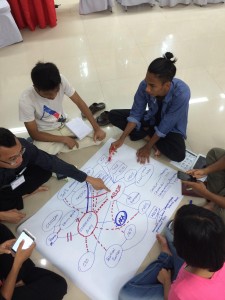
TRANSFORMATIVE TRUST BUILDING
The impact of listening projects also have a transformative effect for the listeners: not only do participants build their research and dialogue skills, but hearing the stories from people and groups they may not normally interact with can assist in changing their perspectives.
PEACE HISTORY
CPCS uses Peace History methodology to collect and publish the personal stories and experiences of people involved in a specific conflict.
While the stories are a collection of histories, the methodology also strives to facilitate a process of forward thinking and for drawing out relevant lessons from the past.
These stories are then woven together around key themes that emerge – which could be specific events or critical reflections – into a book documenting the shared memories.
A Peace History can provide a cathartic experience for those interviewed – a way for them to tell their story, and to begin thinking about their own future rather than focusing only on the past.
The final product – a book – is then used as a tool to elevate these stories, and humanise the persons involved in a way that increases understanding and empathy, and disseminates the lessons learned in a relevant and effective manner.
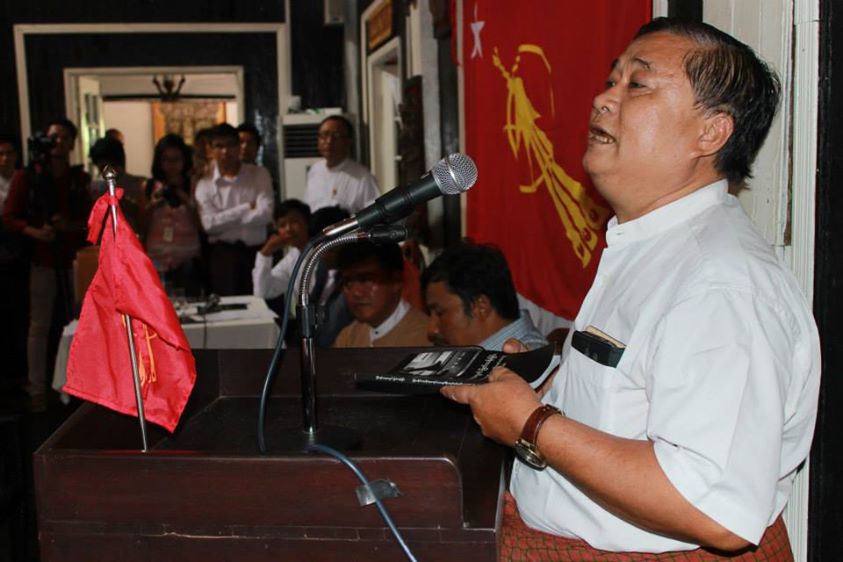
PEOPLE’S DIALOGUE INITIATIVE
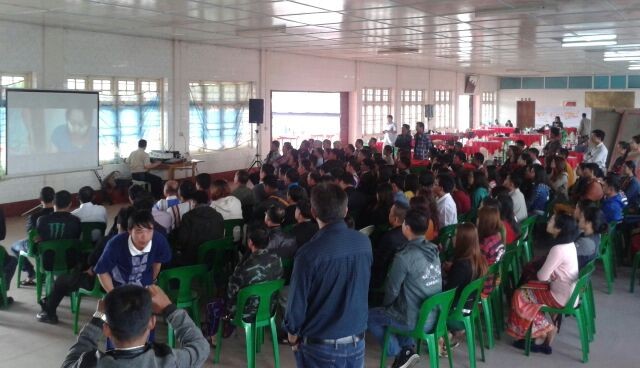
The People’s Dialogue Initiative (PDI) aims to create a platform for the people of Myanmar whose voices have remained at the margins of the peace process to express their concerns and opinions and improve awareness of the current transitional processes at the community level.
By creating and expanding interactive, safe and inclusive spaces for engagement and learning, the initiative enables community level visions and strategies for the future to be articulated and heard as the country continues to undergo significant socio-political transformations.
COMMUNITY PARTICIPATION
Utilising a conflict transformation approach, dialogues are organised at the community level in different villages and wards in Myanmar where people can have a positive experience of sharing perspectives, listening to each other and feeling heard by one another.
Facilitated dialogues create opportunities for mutual listening and understanding, aiming to open people’s mindsets, challenge stereotypes and assumptions and transform relationships in communities. The overall aim is for these dialogues to contribute to an inclusive peace process and peaceful transformation of conflicts across the country.
